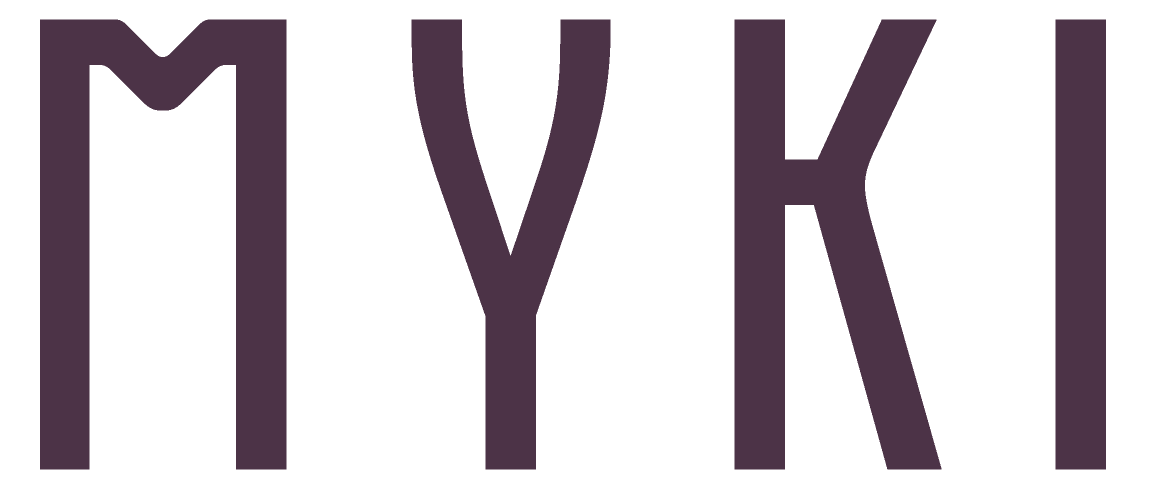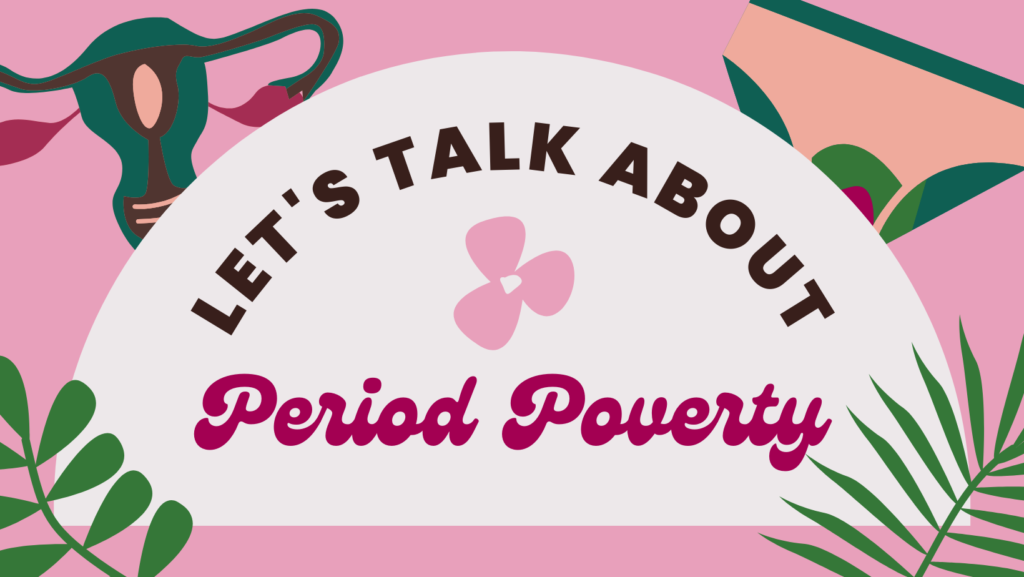Introduction
Period poverty is a global issue that affects millions of individuals, predominantly those who are economically disadvantaged. It refers to the lack of access to menstrual products, proper hygiene facilities, and menstrual education due to financial constraints. In this blog, we’ll explore the impact of period poverty and discuss solutions to break the menstrual taboo and bridge the gap for those who face this challenge.
Understanding Period Poverty
Period poverty is a harsh reality for many individuals, particularly among marginalized communities and low-income households. It manifests in various ways:
1. Inadequate Access to Menstrual Products: Some individuals simply cannot afford basic menstrual products like pads and tampons, forcing them to resort to unhygienic alternatives or miss school and work during their periods.
2. Lack of Sanitary Facilities: Access to clean and safe washrooms with disposal facilities is often taken for granted. For those in poverty, such facilities are a luxury, adding to the challenges they face during menstruation.
3. Limited Menstrual Education: Understanding menstrual health and hygiene is essential. However, many individuals lack proper education about menstruation and its significance, leading to misconceptions and potential health risks.
The Widespread Impact of Period Poverty
Period poverty has profound implications on physical and emotional well-being, as well as broader societal issues:
1. Health Consequences: Insufficient menstrual hygiene can lead to infections and other health complications, affecting one’s overall well-being.
2. Educational Barriers: Students who cannot access menstrual products may miss school during their periods, resulting in lower educational attainment and fewer opportunities.
3. Economic Disadvantage: Women and individuals who menstruate may miss work or be less productive due to period-related issues, contributing to the gender pay gap.
4. Stigmatization: Period poverty perpetuates the stigma surrounding menstruation, making it a taboo subject and limiting open discussions and support.
Solutions to Tackle Period Poverty
Addressing period poverty requires a multi-faceted approach:
1. Subsidized Menstrual Products: Government initiatives and NGOs can provide low-cost or free menstrual products to those in need.
2. Education and Awareness: Promote menstrual health education in schools and communities to reduce stigma and raise awareness about proper menstrual hygiene.
3. Advocacy and Policy Change: Lobby for policy changes that ensure menstrual products are considered essential and accessible for all, and push for the removal of taxes on these items.
4. Donations and Volunteering: Support local charities and organizations that distribute menstrual products to those in need. Consider volunteering or donating to these causes.
5. Promote Sustainable Alternatives: Encourage the use of eco-friendly and reusable menstrual products, reducing the long-term financial burden on individuals.
Conclusion
Period poverty is a significant and often overlooked issue that affects millions worldwide. Breaking the menstrual taboo and addressing period poverty requires a collective effort from individuals, communities, governments, and organizations. By ensuring that everyone has access to menstrual products, education, and sanitary facilities, we can make strides toward a more equitable and informed society. Periods are a natural part of life, and it’s time to ensure that no one is left behind due to a lack of access to essential menstrual resources.
Nidhi Bajaj










